
I’ve just read Autistic artist and researcher, Elinor Rowlands’ new article, “Beauty in the Gothic: Forms of Autistic Aesthetics” in Ought: The Journal of Autistic Culture. My first response is that I am blown away by Rowlands’ art and want you all to go savor what is linked in to their essay. My second response I share here: Rowlands’ work adds to the body of writing that validates my own work.
[image: artwork of a person with flowing hair that blends into tree branches and natural elements, contemplative, reading a book. Generated by MidJourney on the prompt “autistic art and literature”]
I write in trees and snails and fungus and nourishing rot
When I was first told I’m Autistic and I was going through that phase of re-examining my entire life through a new lens, I thought, perhaps, I don’t write like an Autist. Information was hard to come by back then, but what I’d seen so far suggested that Autistic people aren’t creative, don’t use metaphors, have very rigid, noun-centered communication styles.
My writing often pulls images from the natural world. I rake through the lush loam of my imagination, turning over trowels full of thoughts, unearthing the connected roots of disparate trees, thick trunks of information contributing to the mycelial tangle of ideas.
As it turns out, my writing is very autistic. I also write extremely long sentences, indulge in comma splices, sentence fragments, multiply nesting parentheses, and intentionally repetitive phrases. I could stim on the word “and” for an entire page.
These elements are not just stylistic choices; they reflect how I experience and interpret the world. Too often, editors remove these elements, standardizing my words, lining my writing up with grammar school style guides, thinking they’re making my work more readable. Editors, especially (though not always) allistic editors, want to make my writing more “streamlined” and “normative” They’re red-penning and erasing my identity as it manifests through my words.
My repetitive phrases are like stimming in writing—they bring me comfort and help me communicate more authentically. And while I worry about my nature metaphors, fearing they’re as overblown as the interior decorator in the film, Devil’s Advocate, gushing about the “undulating acanthus leaves”, my connection to the body of my Earth is identity-level. These are Autistic ways of being on the page. This is my voice.
Elinor Rowlands’ “Beauty in the Gothic: Forms of Autistic Aesthetics”
Elinor Rowlands’ article explores how autistic artists use stimming and nature to express themselves. They talk about stimming as an artistic methodology. Rowlands says, “Stimming itself connects beauty or art into the echo of the self, seeking out vibrant colors and wild landscapes such as spread out beaches with rough tides breathing on the sand”. Those words lap against my shores. Writing is fullbodymind work for me and the ebb and flow of the wild places wash words through my body in cold, brackish streams.
Rowlands also writes about intuition in Autistic artistry. “For autistic artists who use stimming in their artwork, intuition plays a key role”. This is so true for me—my intuition guides my writing, and I don’t know what words I will use until they appear on the page, channeled through the stim of my fingers on the keyboard, the words pounding through my bloodbeat. When Rowlands says, “Stimming becomes a source of power and magic, revealing ancient languages sourced by embodiment and bodies, historical chants and new geographical worlds”, they have sent Autistic ways of meaning-making afloat. Their work lands dead center of my writer’s altar.
Julie Brown’s Writers on the Spectrum
Julie Brown speculates autistic influences in literary writing. Brown notes, “Verbal repetition is well established as both a vital feature of autism speaking and a vital feature of literary and scholarly writing”. It’s not just a quirk or bad writing, but a meaningful part of how I embody on the page.
Brown also looks at writers using nature metaphors through an Autistic lens. She mentions, among other references, how Thoreau’s detailed observations of Walden Pond reflect his sensory perception. Brown calls this connection to nature Autistic, writing specifically about sensory-rich descriptions found in the works of autistic authors and authors Brown speculates as having been on the spectrum.
Julia Miele Rodas’ Autistic Disturbances
Julia Miele Rodas’ writes about Autistic voice from the perspective of poetics. Poetics is the study of the art and technique of crafting language. Poetics maps the stylistic elements of language onto deeper meanings and modes of communication.
Rodas emphasizes the importance of verbal repetition and echolalia, which are often misunderstood, as distinct elements of Autistic poetics. She writes, “Verbal repetition offers all the joyous potential of LEGO blocks: why build detention centers when, given autism’s ‘poetic proclivity,’ people could use repeating forms and components to compose villanelles?”. I find this reframing empowering with respect to my own writing and validating the ways I engage with the repetition of my Autistic friends who are more vocally echolalic than I.
Rodas also talks about stimming as an artistic expression. She writes, “The autistic manner of speaking is once again constructed as threat and challenge, ejaculation, obscenity, rudeness— all one”. The directness, urgency, and repetition of Autistic speech and writing are devalued by those who don’t understand our poetics.
M. Remi Yergeau’s Authoring Autism
Where Rodas examines the poetics of Autistic speech, Yergeau uses the lens of rhetoric to explore the value of Autistic stimming and repetition. They argue that stimming is a meaningful form of communication, writing, “Stimming, also known as self-stimulation, is an expression of embodied autistic semiosis that communicates sensory significations otherwise pathologized within neurotypical semiotic domains”.
Semiosis is the process of creating meaning through signs and symbols. One Autistic friend communicates by playing a song over and over at someone, meaningful communication embedded in the lyrics. A friend’s son plays videos of commercials to tell his mother things. I have a friend who repeats a comforting litany of phrases, seeking engagement with others who will go through the script with him when he is feeling anxious. These stims and repetition are communication, are meaningful. Of course our art is structured from similar drives. Why wouldn’t it be? All art — not just art that uses language — is communication.
Yergeau also discusses the importance of repetition in autistic rhetoric, saying, “Rhetorical schemes are inventive schemes, ways of coming to knowledge through habit, compulsion, or echoing”. I repeat because it’s soothing. I repeat because it has artistic merit. I repeat because it’s a way to communicate that cannot be accomplished without the repetition. I repeat as a way of coming to knowledge surrounding that idea around which my repetition spirals.
Ralph James Savarese’s See It Feelingly
Savarese, English professor and the father of Autistic poet D.J. Savarese, writes about his experiences reading literature together with autistic readers. Savarese highlights how rhythm and repetition in literature can provide comfort and a sense of order, much like stimming. He writes, “At least one study has shown that metrical poetry recitation—specifically, hexameter verse—‘exerts a strong influence on [respiratory sinus arrhythmia, or RSA],’ which is low in autism and other conditions marked by anxiety, through cardiorespiratory synchronization”. The rhythms of stimming, of art, of repetition literally calms Autistic hearts.
Savarese also writes about the sensory engagement and embodiment of Autistic readers, quoting poet Tito Mukdhapadyay with whom Savarese read Moby Dick, “The habit of making marks, the habit of looking at these marks, the habit of fondly rediscovering them, and the habit of looking at them even more when my visual surroundings become complicated and drown my eyes—habit provides a modicum of comfort”. Tito writes about using writing as more than a form of communication: as a touchstone for keeping himself grounded in a chaotic world.
Closing the loop
Exploring Elinor Rowlands’ article and these four books has been incredibly validating for my writing style. They highlight how stimming, repetition, and nature metaphors are not just quirks but meaningful expressions of my autistic experience. These works challenge both the ableist prescriptions for speech and the normative editing practices that seek to erase these elements from writing. This collected body of research and writing advocates for a greater appreciation of diverse forms of art and expression. As an autistic writer, it’s empowering to see my intuitive and sensory-driven style reflected and celebrated in these texts. May more listeners and readers, more therapists and teachers, more editors and publishers come to value the unique voices of autistic speakers, typers, and writers, fostering greater inclusivity and diversity in art and its reflection, life.
Works
Brown, Julie. Writers on the Spectrum: How Autism and Asperger Syndrome Have Influenced Literary Writing. Jessica Kingsley Publishers, 2010.
https://www.goodreads.com/book/show/7020782-writers-on-the-spectrum
Rodas, Julia Miele. Autistic Disturbances: Theorizing Autism Poetics from the DSM to Robinson Crusoe. University of Michigan Press, 2018.
https://www.goodreads.com/book/show/40153853-autistic-disturbances
Rowlands, Elinor. “Beauty in the Gothic: Forms of Autistic Aesthetics.” Ought: The Journal of Autistic Culture, vol. 5, no. 2, 2024, pp. 39-44.
https://scholarworks.gvsu.edu/ought/vol5/iss2/6
Savarese, Ralph James. See It Feelingly: Classic Novels, Autistic Readers, and the Schooling of a No-Good English Professor. Duke University Press, 2018.
https://www.goodreads.com/book/show/38396133-see-it-feelingly
Yergeau, M. Remi. Authoring Autism: On Rhetoric and Neurological Queerness. Duke University Press, 2018.
https://www.goodreads.com/book/show/33673918-authoring-autism

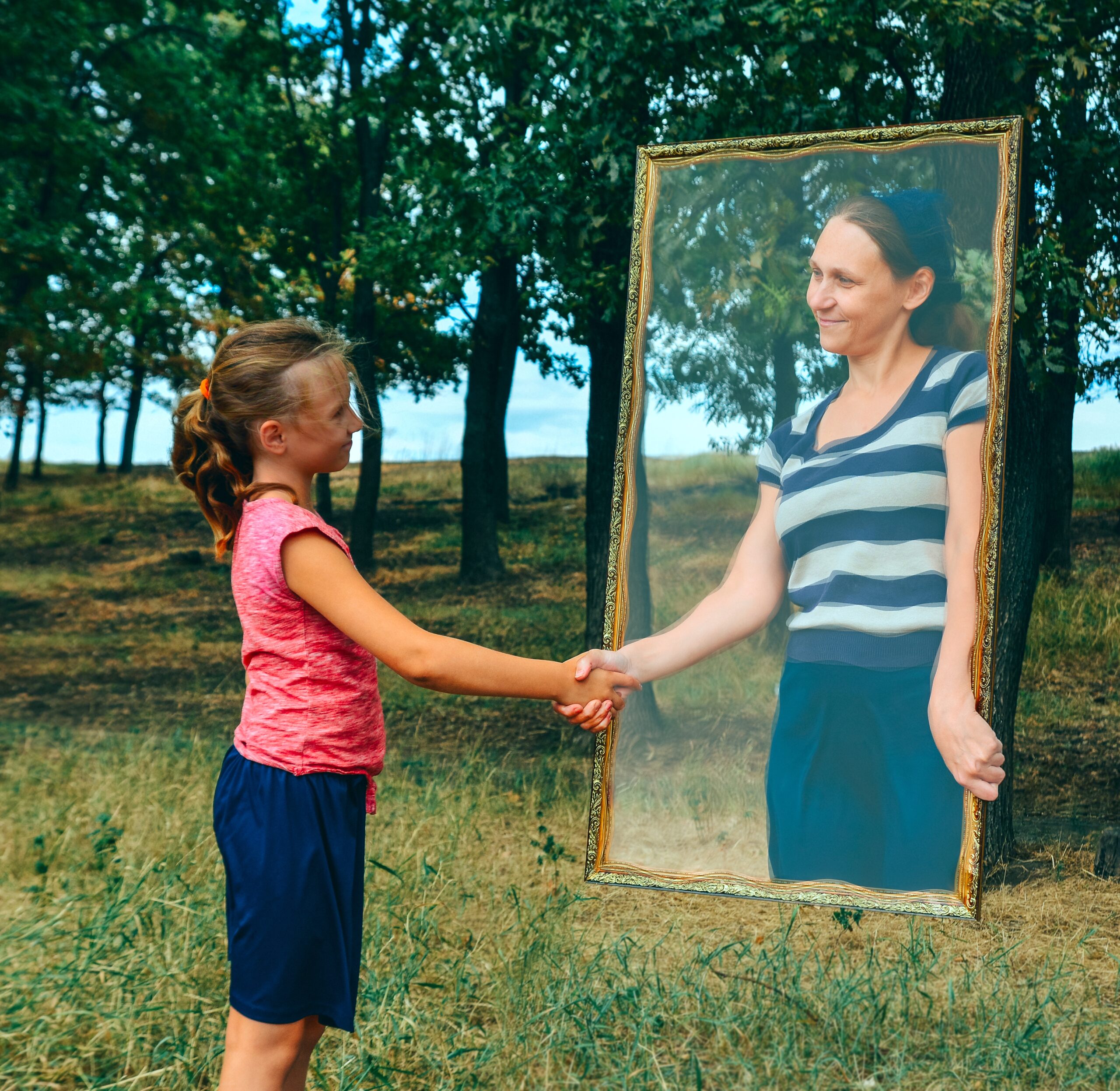
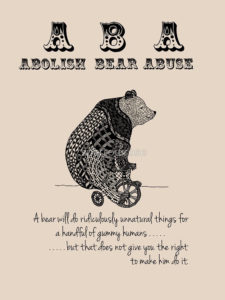
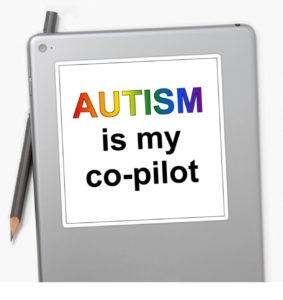
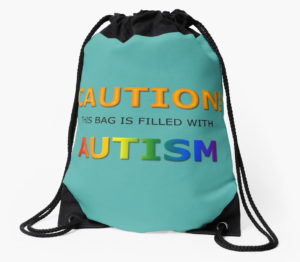
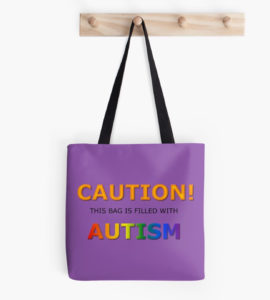
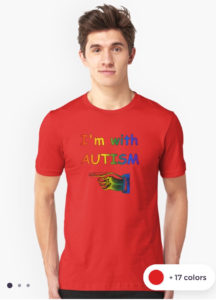
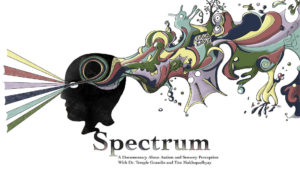


Recent Comments